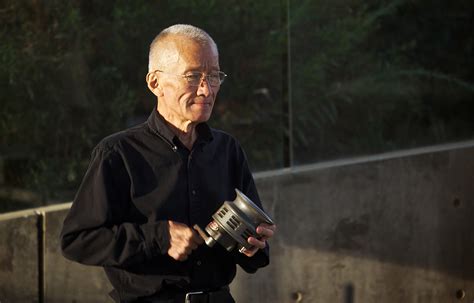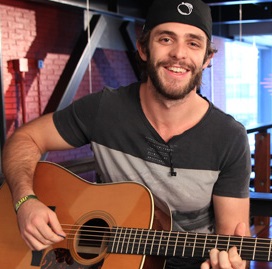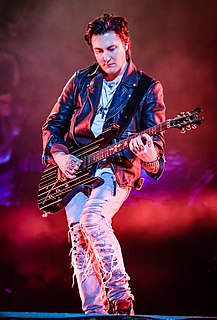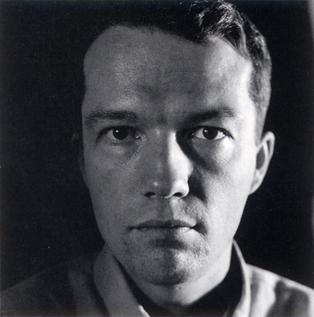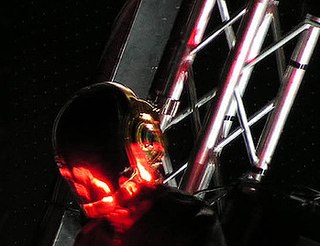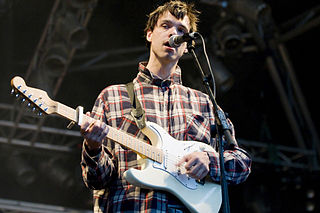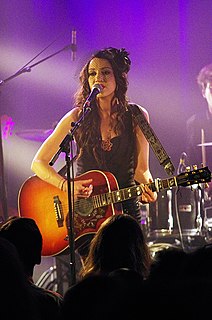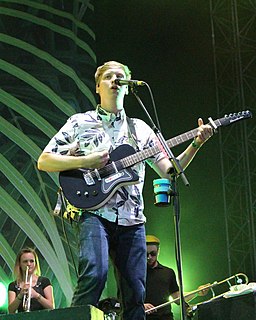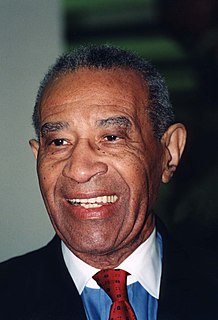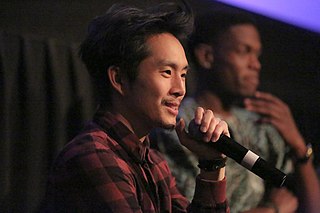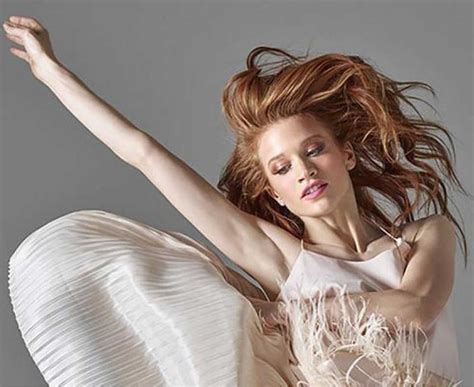A Quote by Hisham Matar
Growing up in the Libya of the 1970s, I remember the prevalence of local bands who were as much influenced by Arabic musical traditions as by the Rolling Stones or the Beatles. But the project of 'Arabisation' soon got to them, too, and western musical instruments were declared forbidden as 'instruments of imperialism.'
Related Quotes
At that time, 73 and 74, I became aware that there were a number of us making instruments. Max Eastley was a good friend and he was making instruments, Paul Burwell and I were making instruments, Evan Parker was making instruments, and we knew Hugh Davies, who was a real pioneer of these amplified instruments.
It's true that when I was younger and I first got interested in music, I used to read books about the Stones and the Beatles and how they listened to Muddy Waters and people like that when they were starting out, who are much less well known now than the Rolling Stones. The Stones really changed blues.
I used to take musical instruments home from elementary school. There were some music teachers there - we all learned instruments. A lot of us got started in public schools. Charlie Parker and Bud Powell, for example. But now there are no more music teachers in public elementary schools. It's like (Senator) Moynihan said, 'benign neglect.' Just let it rot and fester.
I was obsessed with the scientific instruments people were building and all the weird experiments they were doing. I did actually wind up working in some of that, but there were whole sections I'd written about these instruments that ultimately had to be abandoned when I realized that the book really was about Margaret Cavendish. I couldn't justify using all of them.

